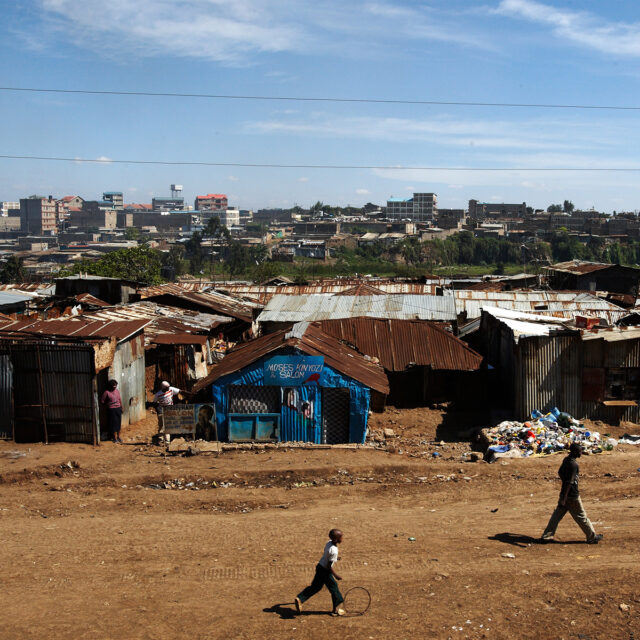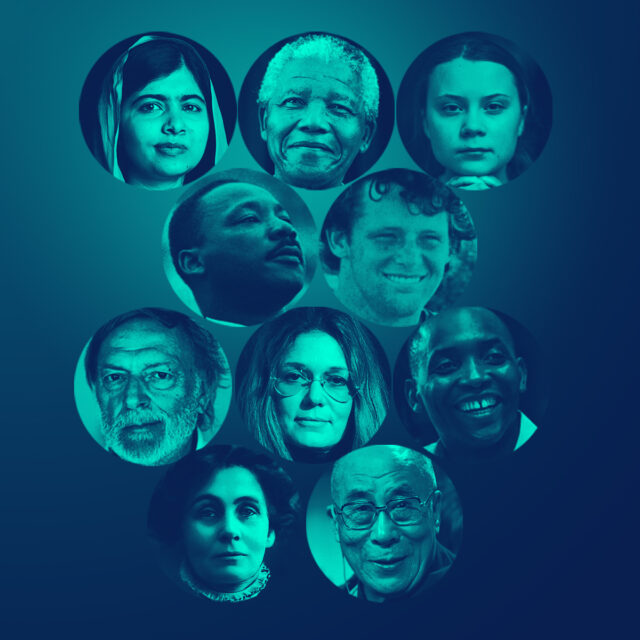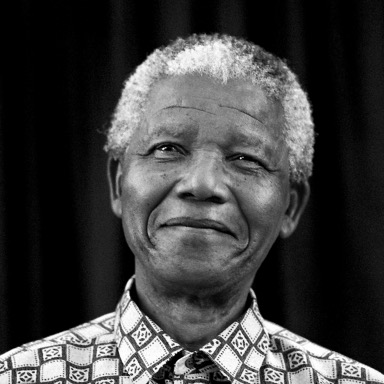Chances are, most people you talk to would likely agree that it’s important to end poverty. But, if you were to ask all those people to explain poverty, chances are you would get a lot of different answers. Poverty is complicated, and there’s no one answer to what it means. On top of that, there are a number of causes and solutions.
That’s why we’ve put together a quick explainer on poverty, why it matters, and what you can do to help eradicate it.
The definitions
Merriam-Webster Dictionary defines poverty as “the state of one who lacks a usual or socially acceptable amount of money or material possessions.” By definition alone, the concept of poverty is pretty vague. That’s why there are different ways of measuring poverty.
Two of the most frequent ways of defining poverty are absolute and relative. Absolute poverty means that you don’t have enough money for basic needs, like food and housing. Relative poverty compares your circumstances to other people. Since this measurement is based on societal norms, being in relative poverty can lead to social exclusion.
Then, there’s extreme poverty, which is ONE’s focus. According to the United Nations, this is defined as living on less than US$1.90 a day. As of 2015, about 10% of the world’s population was experiencing extreme poverty. Additionally, half of all people experiencing extreme poverty live in just five countries: India, Bangladesh, Nigeria, Ethiopia, and the Democratic Republic of the Congo.
These are some of the most common ways of defining poverty, but this isn’t all of them. It’s important to be aware of what kind of poverty is in discussion when trying to think through causes and solutions.
The causes
Just as there are different definitions of poverty, there are different causes.
An obvious cause that comes to mind: income. Food, shelter, health, and education are all affected by a person’s wages. However, poverty is about a lot more than just income. Access to land, financial services, medical services, social participation, and safe living conditions are all contributing factors.
ONE campaigns on issues that contribute to poverty in some form, including gender equality, health, transparency, fragility, and education, among others. Oftentimes, these issues contribute to a cycle of poverty, even across generations. As a result, we can’t end poverty without working on many different issues.
Future potential
Behind the definitions and causes of poverty, we must remember that we’re talking about people. We’re talking about girls who are forced into marriage, children who can’t get an education, sick people who can’t get better, and countless others facing difficult situations because of poverty.
Even though defining poverty can be difficult, there’s a simple truth: it doesn’t have to be this way. The first Sustainable Development Goal is to end poverty in all its forms by 2030. If we achieve this, people all over the world will be free to reach their potential.
Ending poverty is not only possible, but necessary. Investments in health, dedication to gender equality, and making sure kids everywhere can get an education are just some of the things that will help combat poverty. By continuing to work on these issues, we can all create an equal, poverty-free world.



